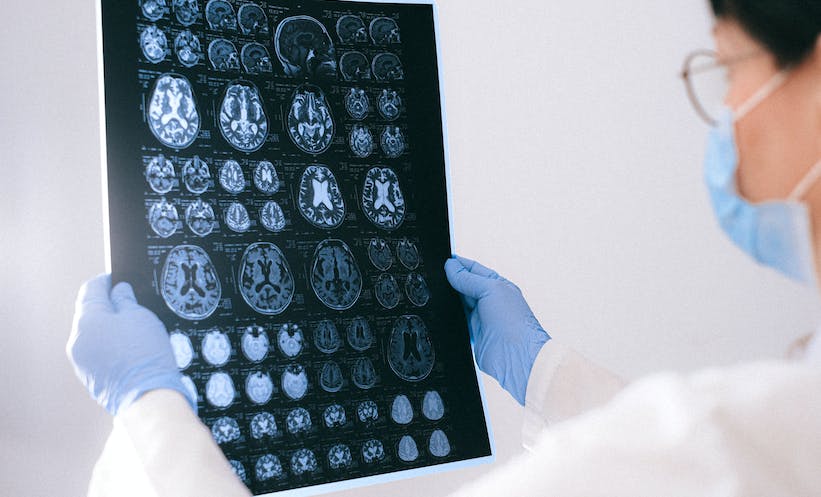NEW evidence suggests that herpes simplex virus 1 (HSV-1) may be associated with an increased risk for Alzheimer’s disease (AD), according to a systematic review of published studies.
“The neurotropic nature of HSV-1, as well as its ability to establish dormancy in the sensory root ganglia of the trigeminal nerve, have made it a target of research as a potential infectious aetiology for AD,” explained Marc Cohen, Department of Dermatology, State University of New York (SUNY), USA.
In order to assess the epidemiological associations between HSV-1 and AD, the authors conducted a systematic review that included 21 studies (two review articles and 19 population-based studies) correlating HSV-1 with AD, published between 1997–2021. The quantitative data derived from the studies revealed an increased risk for AD in patients infected with HSV-1, compared to the control population (odds ratio: 1.38; 95% confidence interval: 1.14–1.66). Two of these studies found the increased risk to be approximately 2.5-fold higher than control. A subgroup analysis also revealed that HSV-1 infection in patients with apolipoprotein E epsilon 4 allele, a risk allele for AD, was found to increase the risk of AD by almost threefold, compared to presence of apolipoprotein E epsilon 4 allele alone.
Furthermore, one of the studies, which included over 260,000 participants, found that antiviral treatment for HSV-1 was associated with a decreased risk for AD (hazard ratio: 0.89; 95% confidence interval: 0.86–0.92). Although HSV-1 anti-viral suppression is not currently the standard of care for AD prevention, Cohen and colleagues emphasised that more consistent treatment of latent or active HSV-1 infection could represent a reasonable course of action to reduce the risk of AD, due to the high prevalence of HSV-1 in the adult population. “Ultimately, understanding the connection between HSV-1 infection and neurodegenerative brain changes may become an integral part of the future of AD prevention and treatment,” the research team concluded.








